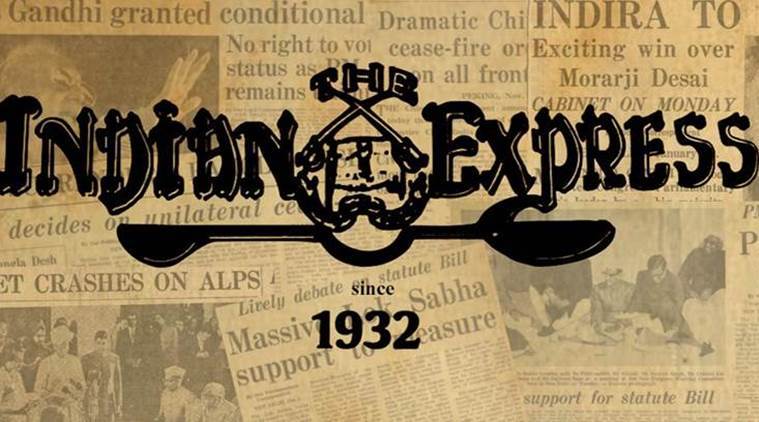 Even by the history of India’s central bank marked by several conflicts with the government, the finance ministry issuing a letter to the RBI, seeking consultations under Section 7 of the RBI Act, is truly an extraordinary move. This provision in the RBI statute empowers the government to issue directions to the regulator after consultation with the governor of the central bank, if the government considers it necessary in public interest — a decision no government has taken until now. These powers have been built into the law governing not just the RBI but also other regulators. The trigger for this move appears to be the RBI’s stance, especially, on providing a special liquidity window to Non Banking Finance Companies (NBFCs), many of which are facing redemption pressures, easing of restrictions on lending imposed on state-owned banks and credit to Small and Medium
Even by the history of India’s central bank marked by several conflicts with the government, the finance ministry issuing a letter to the RBI, seeking consultations under Section 7 of the RBI Act, is truly an extraordinary move. This provision in the RBI statute empowers the government to issue directions to the regulator after consultation with the governor of the central bank, if the government considers it necessary in public interest — a decision no government has taken until now. These powers have been built into the law governing not just the RBI but also other regulators. The trigger for this move appears to be the RBI’s stance, especially, on providing a special liquidity window to Non Banking Finance Companies (NBFCs), many of which are facing redemption pressures, easing of restrictions on lending imposed on state-owned banks and credit to Small and Medium
The relationship between the central bank and the elected government has often been fraught. After the enactment of the law on monetary policy framework with a clear mandate to the RBI on inflation targeting, tensions between the two have spilled over into other areas such as regulation of banks and handling of bad loans, oversight of the payments system, transfer of surplus from the central bank to the government and so on. While recognising these inherent tensions, it is important that both sides tread carefully in their public exchanges. Acharya’s words of caution — governments that do not respect central bank independence will sooner or later incur the wrath of financial markets, ignite fire and come to rue the day they undermined a regulatory institution — may have been well-intentioned, but it was uncalled for. No less disturbing is Finance Minister Arun Jaitley’s comments that the RBI slept when banks indulged in “indiscriminate lending” during 2008-2014 and that in the Indian system, politicians are accountable but not regulators.
Both the RBI and the government would do well to remember former Chief Justice of India J S Verma’s wise words that it is important to know when to use the surgeon’s scalpel and when to use a Rampuri knife. For now, it is time for a ceasefire. There are bigger battles to be fought, with external sector threats such as multiple interest rate hikes in the US and the fall out of the trade war between the US and China looming ahead. It may well be worth remembering that the India story is predicated not just on the country’s economic prospects but also on having strong institutions. On this count, the government may keep in mind the RBI’s impressive track record in steering monetary policy and India’s financial sector over the past several years.

No comments:
Post a Comment